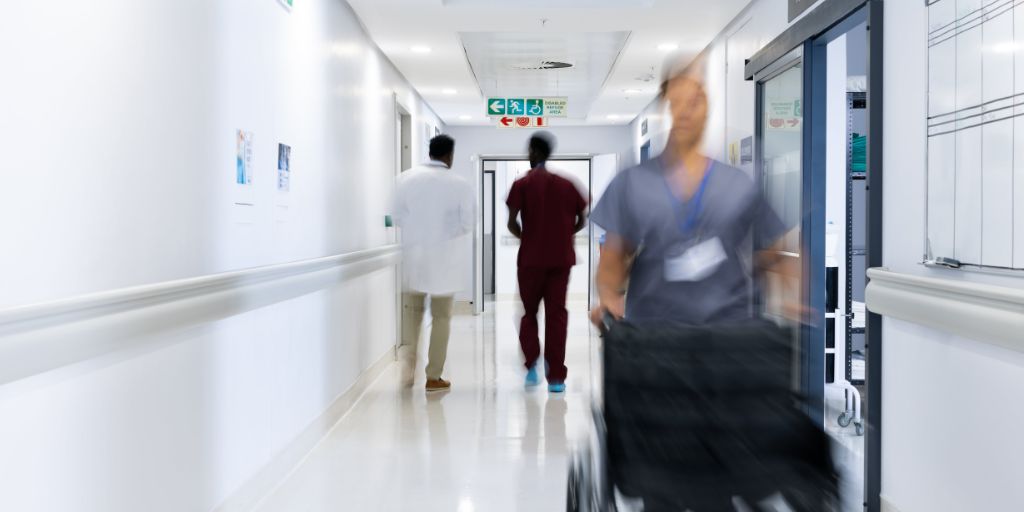
New analysis published today by the Health Foundation’s REAL Centre projects a potential £38bn shortfall in the funding needed to improve the NHS by the end of the next parliament. With the pledges made by both the main political parties so far falling a long way short of this, the analysis raises serious questions about the trade-offs facing the next government in balancing the funding needed by the NHS, pressures on other public services and levels of taxation.
The Health Foundation analysis shows that health care funding in England would need to rise by 3.8% per year in real terms – broadly in line with the historic average – over the next ten years to meet rising care needs and deliver significant improvements in the NHS. This includes higher annual growth of 4.5% in the first five years as the NHS recovers from Covid and invests in modernising services, adding up to an extra £46bn of funding in 2029/30. This compares with an increase of almost £8bn if the health budget grows in line with the planned growth in public spending factored into the Office for Budget Responsibility’s economic forecasts for the next parliament, leaving a funding gap of £38bn.
This funding would be enough to tackle waiting times for care over a ten-year period (a slower timescale than the two main parties have pledged), prioritise prevention and invest more in primary, mental health and community care. The main political parties have all promised to deliver similar improvements but have yet to set out a convincing plan for how they would fund them.
The authors also highlight the need to allocate a significant chunk of the additional spending to capital investment. Health capital spending would need to rise from almost £13bn this year to £21bn in 2029/30 and £27bn in 2034/35to tackle the crumbling NHS estate, add bed and diagnostic capacity, and improve IT systems. This would leave a £9bn gap in capital investment by the end of the parliament compared to spending rises in line with OBR assumptions.
The Health Foundation’s work with Ipsos shows that around half of the public (47%) would prefer to see an increase in taxes to maintain the current levels of care and services provided by the NHS. This compares to just 11% who would like to reduce spending on other public services to maintain current levels of NHS care and 9% who would reduce the level of services provided by the NHS to avoid increasing tax and spending.
Anita Charlesworth, Director of the Health Foundation’s REAL Centre, said: ‘The health service is in crisis and all the main political parties have said they want to fix it – yet the funding they have so far promised falls well short of the level needed to make improvements.
‘Politicians need to be honest with the public about the scale of the challenge the NHS faces and the reality that an NHS fit for the future needs long-term sustainable investment. Honesty about this has so far been conspicuously lacking from the general election debate, with both the main parties unwilling to spell out the difficult choices on public spending and taxation that will confront the next government.
‘The scenario we have set out is not overly ambitious – it is broadly in line with the pledges set out by the main political parties and public expectations, and assumes the NHS can deliver challenging improvements in productivity.’












